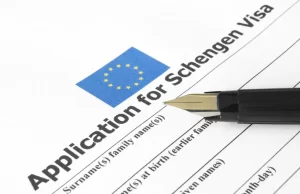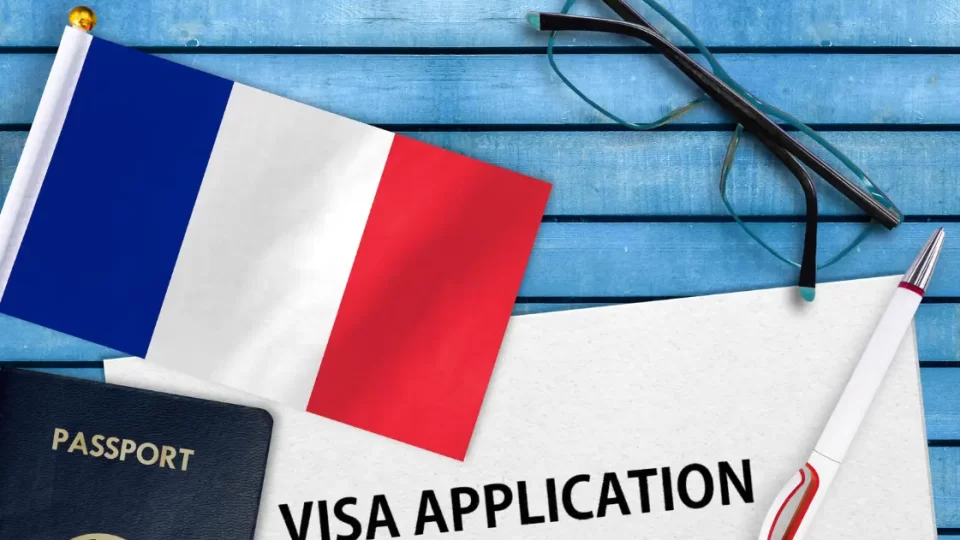Essential Guide to Visas, Customs, and Duty for Travelling to France
Travelling to France can be an exciting adventure, but understanding the intricacies of visas, customs procedures, and duty is crucial for a smooth journey. Whether you’re heading to bustling cities or the serene countryside of regions like Nouvelle-Aquitaine, navigating these aspects is essential. In this guide, we’ll provide all the information you need to tackle these challenges with confidence, including how to take advantage of duty-free shopping, and ensuring your trip is hassle-free and enjoyable.
Visas for Entry into France
If you’re a foreign citizen planning a trip to France, understanding visa requirements is crucial. It’s recommended to contact the French Embassy or Consulate in your home country as they can provide the most up-to-date information on visa requirements and customs regulations. Additionally, you should also look up the France-Visas official website. Upon arrival, you must present necessary documents regarding your stay, including proof of means of subsistence and accommodation.
Unless you’re from the Schengen Area or exempt, you’ll need a visa to enter France. Apply at the French Embassy or Consulate in your country of residence before departure. The type of visa required depends on the duration and purpose of your visit:
- For stays up to 90 days (3 months), you’ll need a Schengen Visa,which allows single or multiple entries. It’s typically used for tourism, business trips, family visits, short training courses, internships, or paid activities.
- For stays exceeding 90 days (3 months), you’ll need a long-stay visa tailored to your intended duration and purpose. Once in France, register with the French Office for Immigration and Integration (OFII) or the relevant Prefecture for a residence permit. Note that you cannot change your visa type or status after entering France.
Transiting through a French airport without leaving the international zone is different, as it does not require an entry visa, except for certain cases.

Visa Exemptions
Certain nationalities are exempt from requiring short-stay visas to enter the Schengen Zone. Additionally:
- Citizens of the European Union (EU), the European Economic Area (EEA), or Switzerland, do not require visas or residence permits, regardless of their length of stay.
- Family members of EU, EEA, or Swiss citizens (spouse, minor or dependent children, dependent ascendants), follow the same movement rules as other foreigners of the same nationality.

French Customs Procedures
At French borders, there are two customs lanes: the “green” lane for those with nothing to declare, and the “red” lane for declarable goods.
Whether entering or leaving France, declare cash, stocks, or securities exceeding €10,000 (or equivalent) in value. This declaration is free and can be completed online through the customs service.
For information on prohibited goods or restricted items, and guidance on declaring valuables and identifying counterfeits, refer to the French customs website. Failure to comply may result in confiscation of goods and fines.
For Customs Services Information (outside continental France or abroad), contact +33.1.72.40.78.50 or ids@douane.finances.gouv.fr.
Duty-Free Shopping
Visitors from outside the European Union can benefit from tax deductions on purchases over a certain amount. To enhance your shopping experience, it’s advisable to download a currency converter app. This will help you easily convert between Euros and your home currency when shopping in France.

If you’re over 16 and not an EU resident, you’re eligible to reclaim Value Added Tax (VAT) on purchases, regardless of nationality. To qualify, present identification during your purchases.
This deduction applies to non-commercial purchases exceeding €175 (including tax), made on the same day at the same location. Some items, such as services, cultural goods, or weapons, are excluded from tax-free benefits.
You can receive the tax deduction at the time of purchase or apply for reimbursement later. If opting for the latter, the retailer will provide a tax refund slip to present to customs upon departure. Additionally, you can use popular tax refund service provider in Europe like Planet Tax Free or Global Blue to claim VAT refunds in France, as well as a list of participating retailers.
Consider using the simplified electronic Export Sales Form (PABLO), available at multilingual electronic terminals, particularly in airports, to avoid lengthy queues at duty-free tax counters.
Conclusion
Travelling to France is an exciting prospect, but it’s essential to be well-prepared for the journey. Navigating the intricacies of visas, customs procedures, and duty requirements can seem daunting, but with the right information, you can ensure a smooth and hassle-free experience. Remember to check visa requirements beforehand, understand customs procedures at French borders, and take advantage of duty-free shopping opportunities. By following these guidelines, you can make the most of your trip to France and enjoy all it has to offer without unnecessary stress or complications.

